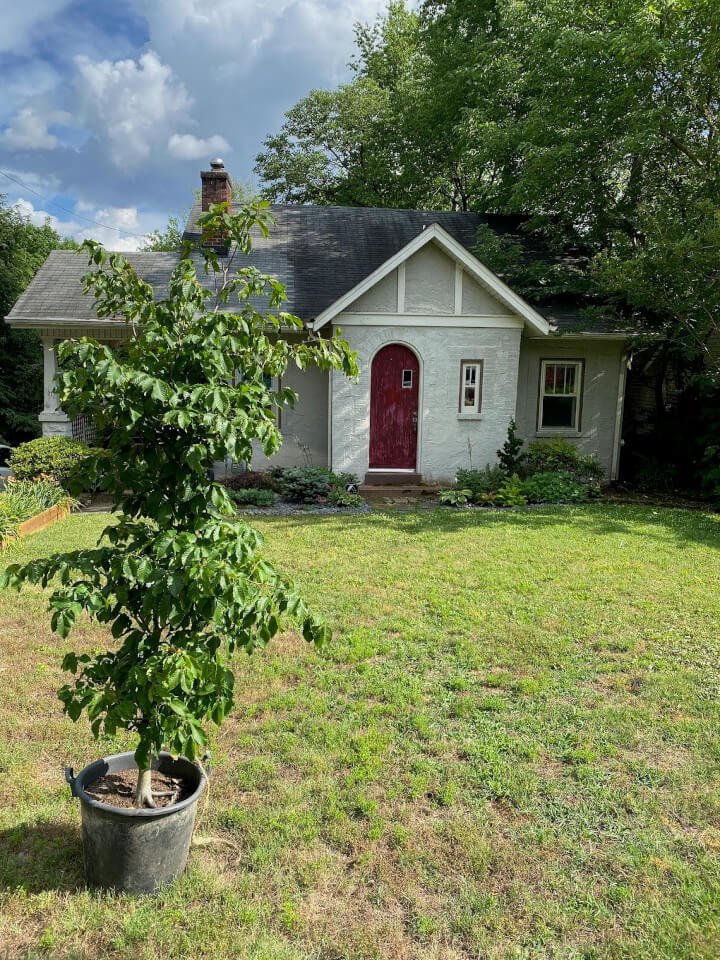Every residential yard is a landscape of its own, where trees are pillars of stability within each property’s particular ecosystem. In this article, we’ll take a look at the various ways that trees interact with other plants, both competitively and collaboratively. Throughout, we’ll consider how to maintain these interactions in balance to keep your Nashville yard in its healthiest and most beautiful condition.
Read MoreParcels of land each have a particular soil profile based on their location and maintenance history, which affects the tree species that can grow there. Trees are adapted to the composition and behavior of the soil in their natural range, which may (or may not) limit their tolerance of other kinds of soils. In this article, we’ll go over the soil types found around Nashville, as well as which trees are best suited for those various kinds of ground.
Read MoreA relatively uncommon but increasingly popular tree, the American yellowwood is a beautiful native canopy species that offers the local ecosystem a lot to appreciate, including cascading spring flowers and a full, wide crown. Hardy in urban conditions and comfortable in Nashville’s limestone soil, this is a tree we’re excited to see more of in the landscape!
Read MoreIn nature, trees reproduce by pollination, but nursery cultivators can propagate a tree by graft to select for particular characteristics that might otherwise get lost in the natural reproductive process. In this article, we’ll examine why grafting can be so important for trees in urban, neighborhood, and orchard settings, including which tree species are most frequently propagated by grafting. Awareness of grafted tree varieties can help residents make informed choices when planting trees in the Nashville landscape!
Read MoreDuring the spring season of renewal, some trees reproduce with the help of wildlife, while others need only the wind to carry their pollen around the landscape. In this article, we’ll take a look at how trees of various species each form their particular type of seed. Knowing a tree’s behavior can help Nashville residents make decisions about planting locations and long-term yard maintenance requirements so that mature trees can be as happy and productive as possible within the built environment.
Read MoreWhile there is only one species of ginkgo (Ginkgo biloba), there are several cultivars that offer ornamental and ecological variety to the landscape. Here, we’ll take a look at the Autumn Gold ginkgo tree—a hardy urban cultivar that is as beautiful as it is beneficial!
Read MorePatagonia has awarded the Nashville Tree Conservation Corps (NTCC) a $15,000 unrestricted grant to further its mission of promoting, preserving, protecting, and planting trees in Davidson County. This funding will help NTCC expand its conservation efforts and community outreach, ensuring a greener, healthier Nashville.
Read MoreThe American hornbeam flexes its muscles as an alluring understory tree. This medium-sized species has an interesting form in every season, offering ornamentation in addition to ecosystem services that help manage and enrich the local environment. Here, we’ll go over why this versatile tree is such a fine addition to green spaces in Nashville.
Read MoreThe Metro Nashville Government is currently considering legislation that will enhance tree protection during construction projects. The bill will be decided upon at the February 4th, 2025 public hearing, so there’s still time for residents to reach out to their district representatives to encourage them to vote in favor of it. Here, we’ll go over what the legislation means for Nashville’s canopy, then we’ll share some guidance on how to voice your support for this development in Nashville’s tree law!
Read More







